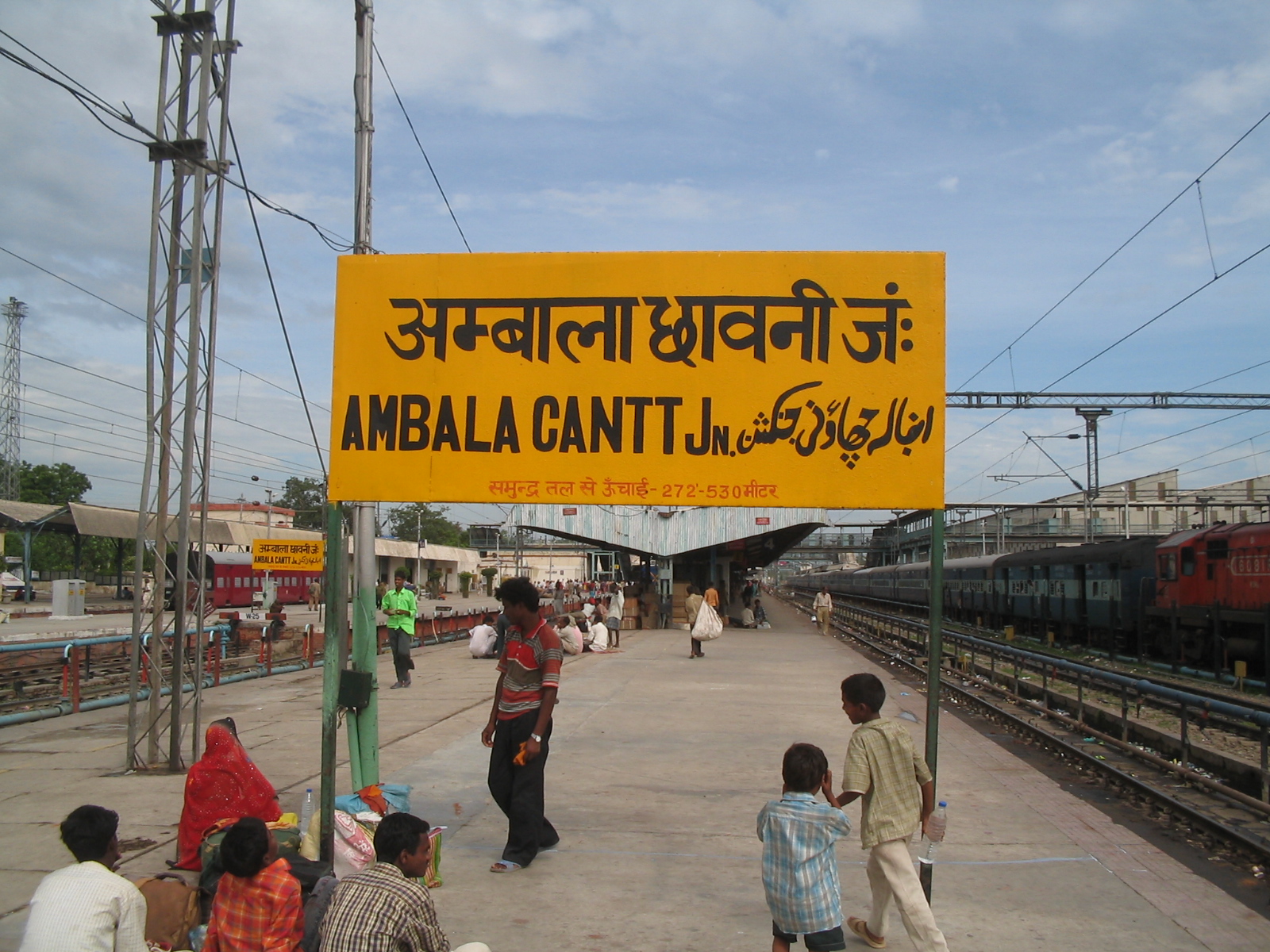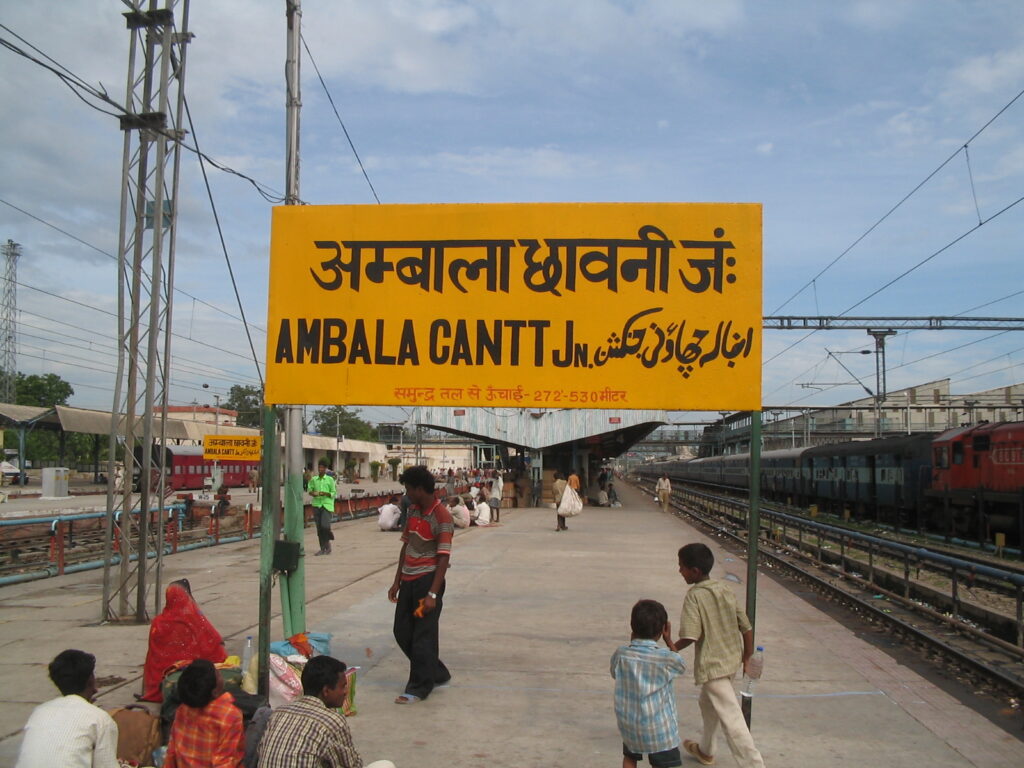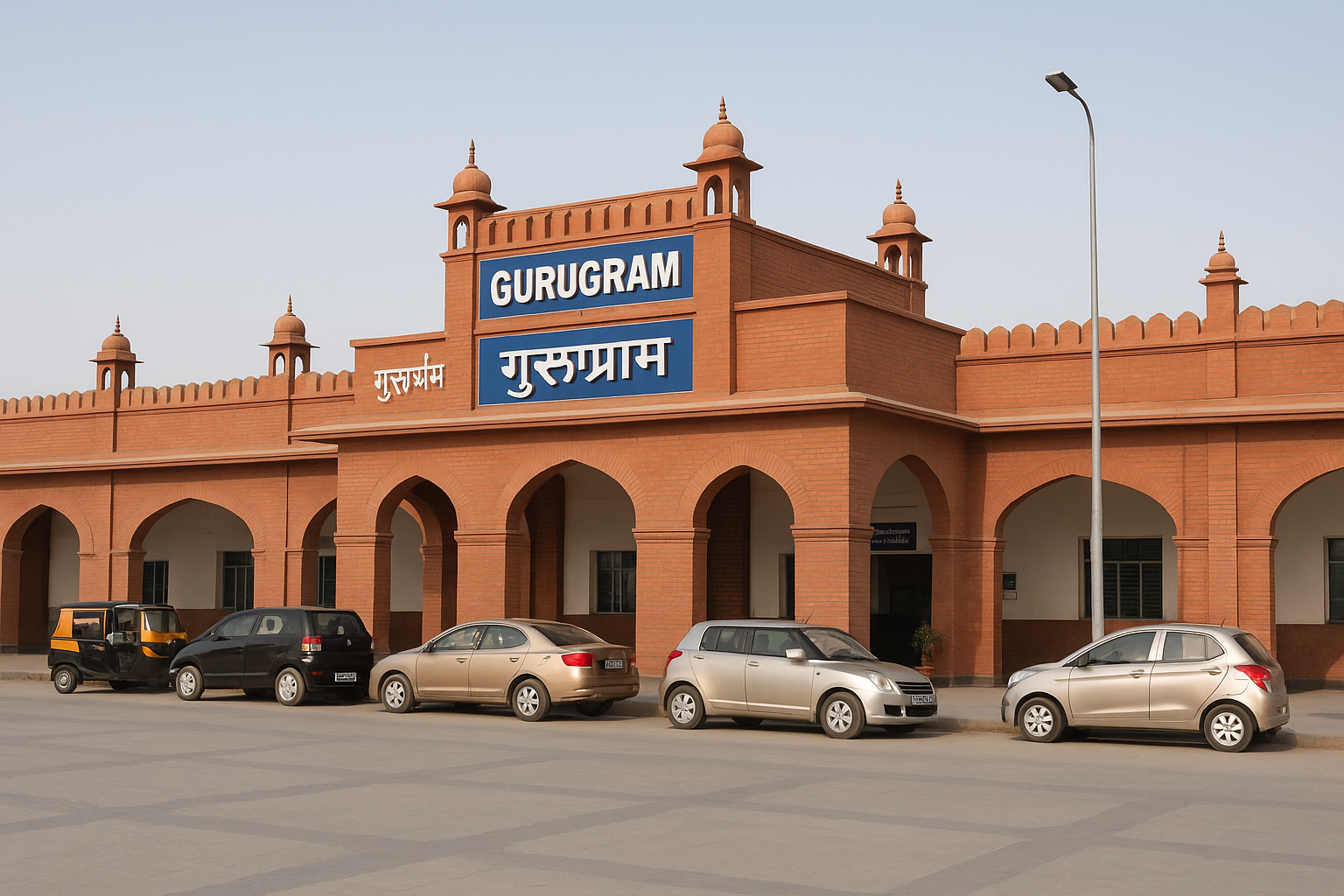

Ambala: Explore Haryana’s Historic Twin City and Cultural Gateway
Located in the northern region of Haryana, Ambala is a vibrant city known for its strategic military importance, bustling textile market, and cultural richness. The city is uniquely divided into two parts—City and Cantonment (Ambala Cantt)—hence the nickname “twin city.” This perfect blend of heritage and modernity makes It is a must-visit destination in North India.
Historical Importance of Ambala
It has a fascinating history that dates back to ancient times. Historically, it has been a center for trade and military operations. During British rule, Ambala became a major army base, and its significance continues even today. Cantt is still one of the most critical cantonments of the Indian Army, contributing immensely to national defense.
Moreover, the city has witnessed several historic events. For example, it was a hub during the Indian independence movement. Several freedom fighters passed through or operated in the region. As a result, It holds a special place in Indian history and Haryana’s cultural narrative.
Ambala Cantonment: A Defense Powerhouse
It’s Cantt is more than just a military station. It houses the Indian Air Force’s airbase, which is one of the oldest and most strategically located in India. Because of its proximity to the India-Pakistan border, the base plays a vital role in national security. In addition, the Cantonment area is known for its well-planned layout, green spaces, and clean roads.
Ambala City: Hub of Commerce and Culture
On the other hand, City is known for its vibrant economy. The city is famous for its cloth market, one of the largest in India. Thousands of customers from nearby states visit here to shop for affordable, high-quality fabrics, especially during the wedding season. Furthermore, it is a preferred location for wholesale garment traders and textile dealers.
Beyond commerce, This City is also a cultural hotspot. The locals celebrate festivals like Holi, Diwali, Eid, and Baisakhi with great enthusiasm. The mix of Punjabi and Haryanvi traditions gives the city a unique cultural flavor. Local cuisines such as kadhi chawal, parathas, and lassi are popular among residents and tourists alike.
Educational and Religious Centers
Ambala is also home to several prestigious educational institutions. Institutions like Sanatan Dharma College and Government Polytechnic are well known in the region. These colleges attract students not only from Haryana but also from Punjab, Himachal Pradesh, and Delhi.
In terms of spirituality, Ambala boasts many temples, gurdwaras, churches, and mosques. The Gurdwara Manji Sahib in Ambala Cantt is a significant pilgrimage site. Additionally, St. Paul’s Church, built in the British era, reflects the city’s colonial past and architectural diversity.
Connectivity and Infrastructure
One of the reasons why Ambala thrives is its excellent connectivity. Located on the Grand Trunk Road (NH 44), Ambala is well connected to Delhi, Chandigarh, and Ludhiana. The Ambala Junction railway station is one of the busiest in North India, providing smooth access to all major cities. Moreover, the upcoming expressways and highways are boosting the city’s development and ease of travel.
Why Visit Ambala?
If you’re looking for a destination that offers a mix of history, culture, commerce, and defense legacy, Ambala is the perfect choice. The city offers plenty to explore for tourists, including military museums, religious sites, and vibrant markets. Moreover, the welcoming nature of its people and the variety of experiences it offers make it stand out among North Indian cities.
In summary, Ambala is a dynamic city that bridges Haryana’s glorious past and promising future. Whether you’re a traveler, historian, student, or shopper, this twin city has something for everyone.




